The Council of the European Union
What exactly is the Council of the European Union?
The Council of the European Union consists of the governments of the EU member countries. It is also called the Council of Ministers because not all members of the governments meet at once, but only individual ministers at a time. For example, all the Ministers for the Environment of one nation meet to debate the EU’s environmental policy.
Hard Facts
Members:
Ministers from the 27 member countries, each responsible for a certain topic of policy.
Ministers responsible in Germany:
Since December 2021: Steffi Lemke from the Alliance 90/The Greens (Environment) and Robert Habeck from the Alliance 90/The Greens (Climate)
Ministers responsible in Poland:
Since January 2018: Henryk Kowalczyk from the Law and Justice party (PiS) (Environment)
Since November 2019: Michał Kurtykafrom the Law and Justice party (PiS) (Climate)
Presidency:
Czech Republic
(1 July – 31 December 2022)
What does the Council of Ministers do?
![]() Legislation:
Legislation:
The Council shares responsibility for an consistent European legislation. Although it cannot start its own legislative initiatives (these come from the Commission), it votes on the Commission’s proposals. The votes of the individual countries are weighted differently during the ballots. The larger the population, the more votes a country receives.

What else?
The Council of Ministers tasks also include approving the EU budget and concluding international treaties with countries outside the EU.




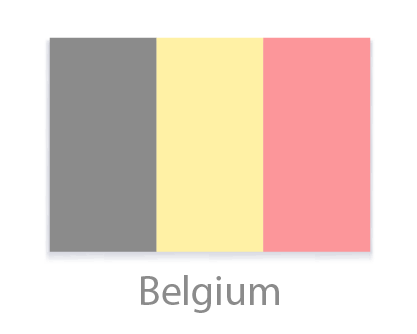
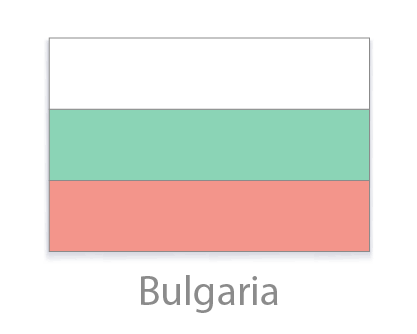
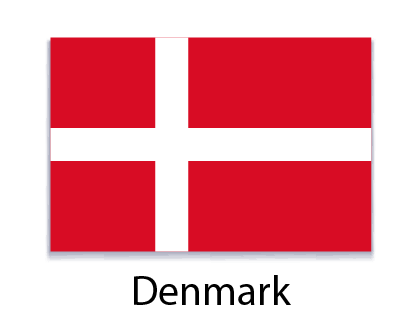
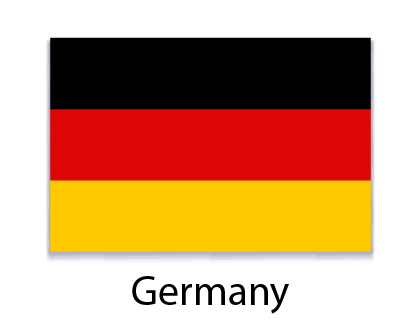
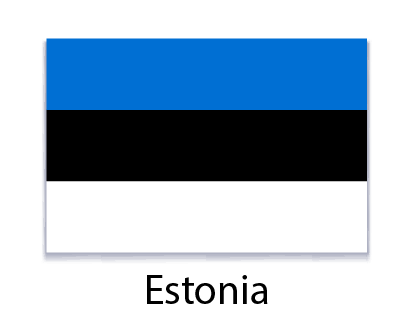
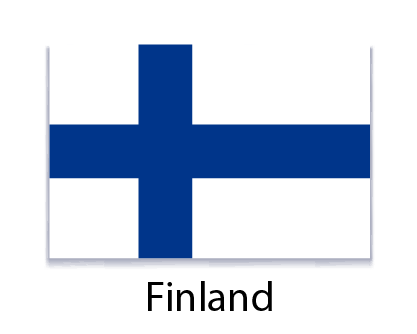
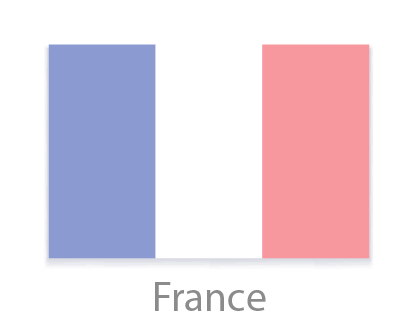
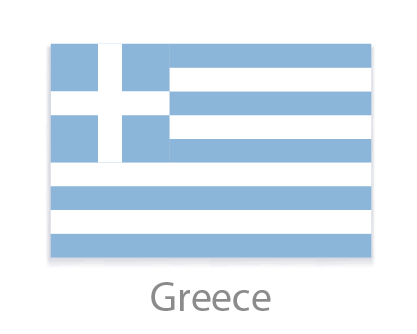
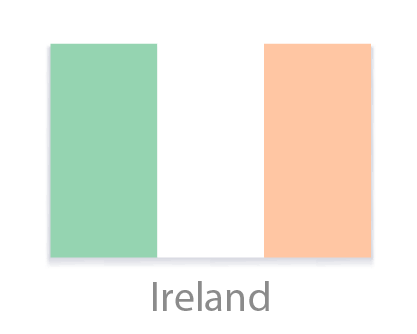
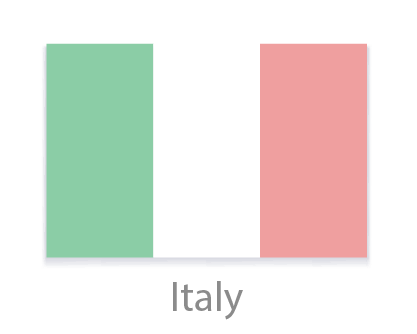
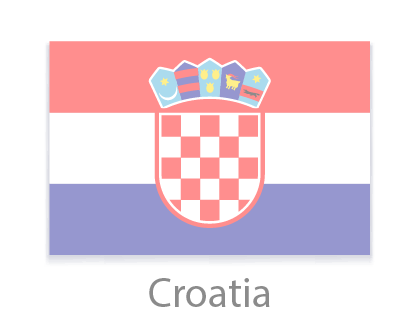
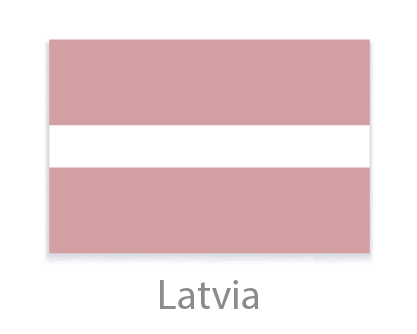
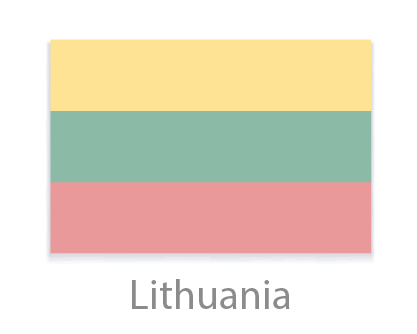
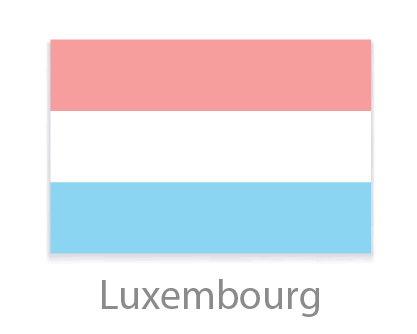
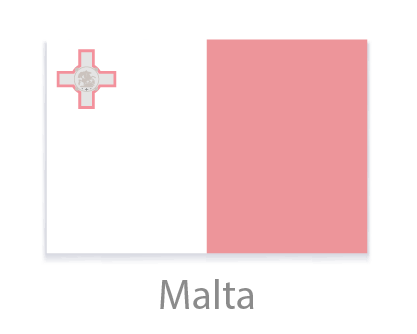
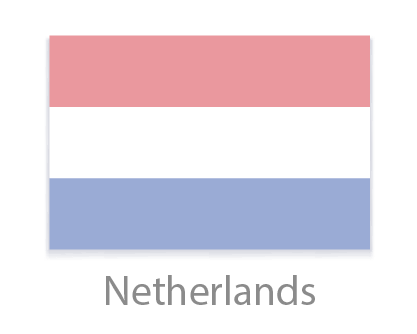
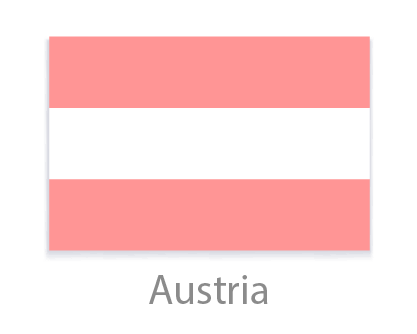
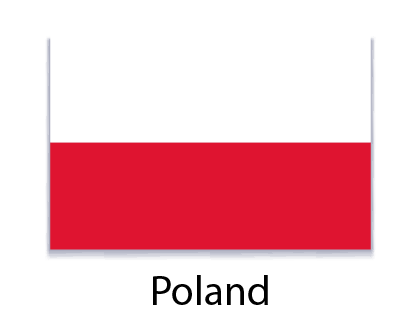
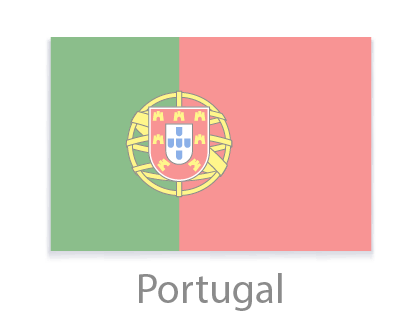
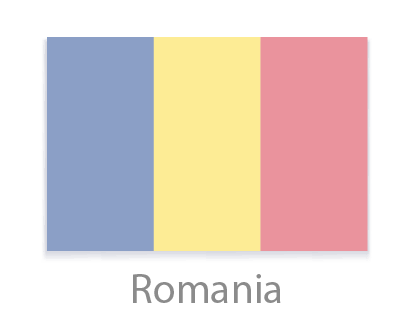
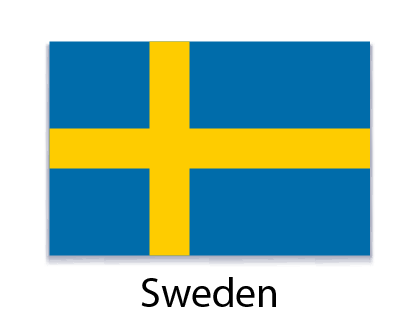
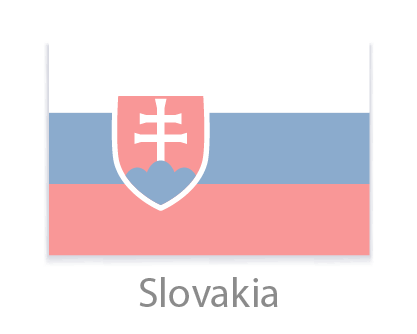
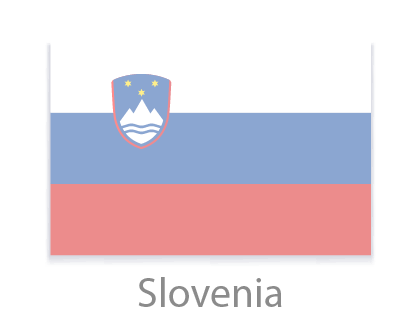
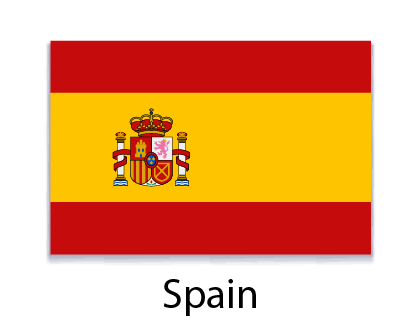
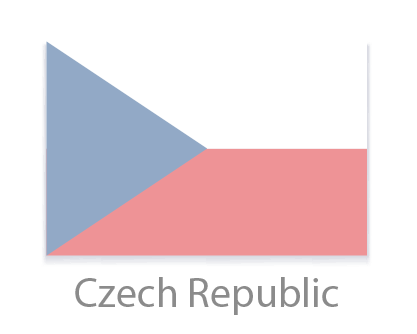
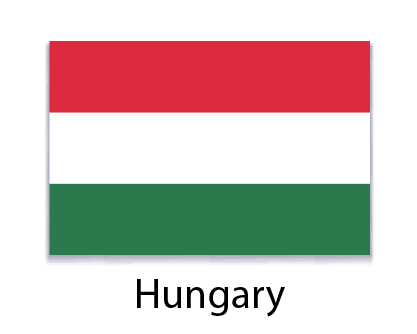
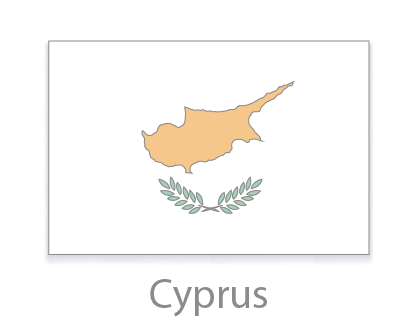

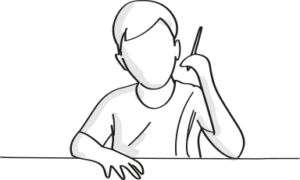
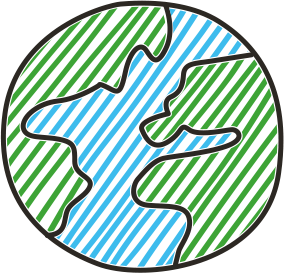






 Estonian Minister for the Environment
Estonian Minister for the Environment